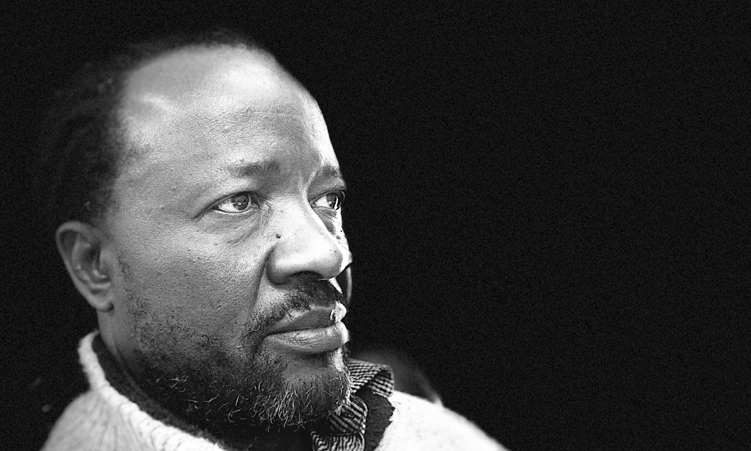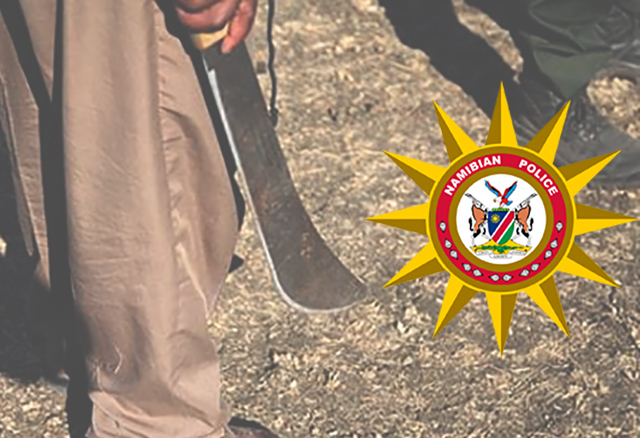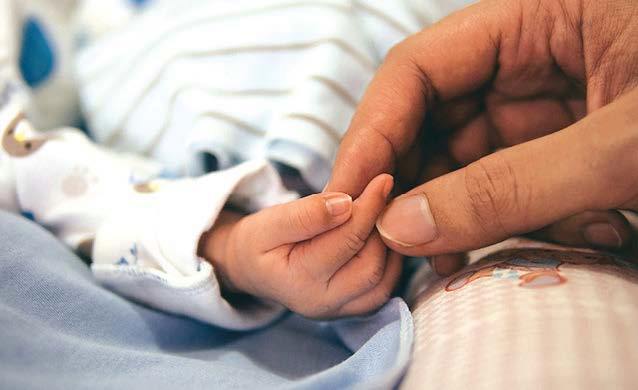President Hage Geingob, a self-proclaimed pan-Africanist and former teacher, said in France recently that apartheid was worse than the genocide suffered by the Ovaherero and Nama people in 1904-1908.
The president was speaking at the Paris Institute of Political Studies a week before having a private meeting with German chancellor Olaf Scholz on the sidelines of the 78th United Nations General Assembly in New York.
He repeated and endorsed the German government’s refusal to negotiate directly with leaders of communities affected by the genocide by saying only “sovereign states should negotiate directly”.
The president further insinuated that OvaHerero and Nama people collaborated with the apartheid regime.
HISTORY’S FOOTPRINTS
The international community characterised apartheid as a crime against humanity. And all Namibians experienced its impact.
Like South Africa, our country was divided into Bantustans. In all communities, there were those who were complacent and those who resisted the apartheid economic and political system.
I went to a high school at Okakarara where my teachers were white soldiers teaching with guns on their hips.
There was no hope for us under the apartheid system and many of us were expelled from school.
Some went into exile and joined the liberation struggle, others lived in refugee camps, and some stayed.
Many Ovaherero, Nama, Aawambo, Damara and Kavango youth died fighting for this country under Swapo’s leadership.
The first petitioner to the United Nations (UN) against the South African apartheid regime was chief Hosea Kutako, a Herero who fought and was wounded in the war of resistance against German colonialism.
He encouraged the first president of Namibia, Sam Nujoma, an Omuwambo, and many Herero people to leave the country and petition the UN.
In 1959, when people resisted forcible removal from the Old Location to present-day Katutura, the first person shot dead by the South African police was Kakurukaze Mungunda, a Herero woman.
Katutura is a Herero word which means “we don’t have permanent residence”.
Many Ovaherero and Aawambo were injured during this resistance protest.
When Swapo’s Plan fighters fired their first shots against the South African forces in 1966, the likes of Rahimisa Kahimise, a Herero fighter, was part of the struggle.
So too was Swanu president Gerson Veii, who was imprisoned with Andimba Toivo ya Toivo and other nationalists on Robben Island because of their resistance against apartheid.
KEY ROLE
I mention these significant historical developments during the liberation struggle of the 1950s and 1960s to remind the president that the Ovaherero people played an instrumental and important role in the fight against South African apartheid occupation.
The first person to advocate at the UN was professor Mburumba Kerina. To make statements which cast the Ovaherero and Nama people as collaborators is untrue and insulting, especially as they were made in front of an audience in a country that destroyed its former colonies.
The first political party formed to resist South Africa’s apartheid occupation was Swanu (the South West Africa National Union) formed by an OvaHerero youth activist, Jariretundu Kozonguizi, who was also among the early petitioners at the UN.
Swapo started as a party to address the notorious contract labour system as the Ovambo People Organisation (OPO) before later transforming itself into a national party.
Germany lost its colonies in the Treaty of Versailles after being defeated in World War I.
The country was subsequently stripped of her colonies, which were given to France and England, because the Germans were deemed unfit to hold territories because of the genocide in Namibia.
Ralph Lemkin, who coined the term genocide, referenced the Herero genocide given the fact that the Germans intended to exterminate the Ovaherero people.
ATROCITIES
Of course, we should never forget the brutality of the South African forces and their notorious Koevoet ‘counter-insurgency’ unit; the burning of villages and people being dragged to death by Casspirs, or their bodies being paraded on these armoured vehicles, and other despicable acts of violence against people in northern Namibia.
Many communities in the north still live with traumatic memories of these atrocities.
Namibians, in general, have experienced violence under colonialism, be it by the Germans or the South Africans.
LAND LOSS
What if the president of South Africa was to say apartheid in Namibia was better than in South Africa? How would president Geingob respond?
The president’s utterances contradict his policy of ‘One Namibia, One Nation’ because it has a tribal undertone.
It is not supported by historical facts on the participation of the Ovaherero and Nama in their second struggle against apartheid colonialism.
The president’s argument is factually incorrect. The Ovaherero and Nama lost more land under the apartheid regime.
There are no other ethnic groups that lost as much of their ancestral land as the Ovaherero and Nama people.
Let’s not forget that most of the land now proclaimed as Etosha National Park was confiscated from Aandonga, the only people who joined the struggle against German colonialism.
The Ovaherero people embrace and respect Swapo’s policy of reconciliation, and it is why our struggle for reparatory justice is rooted in the non-violent philosophy of Martin Luther King Jr.
SUFFERING CAN’T BE COMPARED
Our demands to the German government are rooted in justice and truth before reconciliation.
A policy of reconciliation will never heal our people’s genocide memories.
We the descendants of the victims are not at war with the Germans, we are simply demanding justice and accountability for the genocide.
Germany killed more than 80 000 Ovaherero and Nama people, and the crime of apartheid in terms of deaths will never match that.
The atrocities committed against our people cannot be compared nor should we compare suffering.
The Nama and Ovaherero people carry the painful memories of both colonial systems.
President Geingob should reflect on his comments and retract that divisive statement for the sake of unity and peace.
- Jephta Nguherimo is an author, reparation activist and founder of the OvaHerero People’s Memorial and Reconstruction Foundation (opmrf.org)
Stay informed with The Namibian – your source for credible journalism. Get in-depth reporting and opinions for
only N$85 a month. Invest in journalism, invest in democracy –
Subscribe Now!








